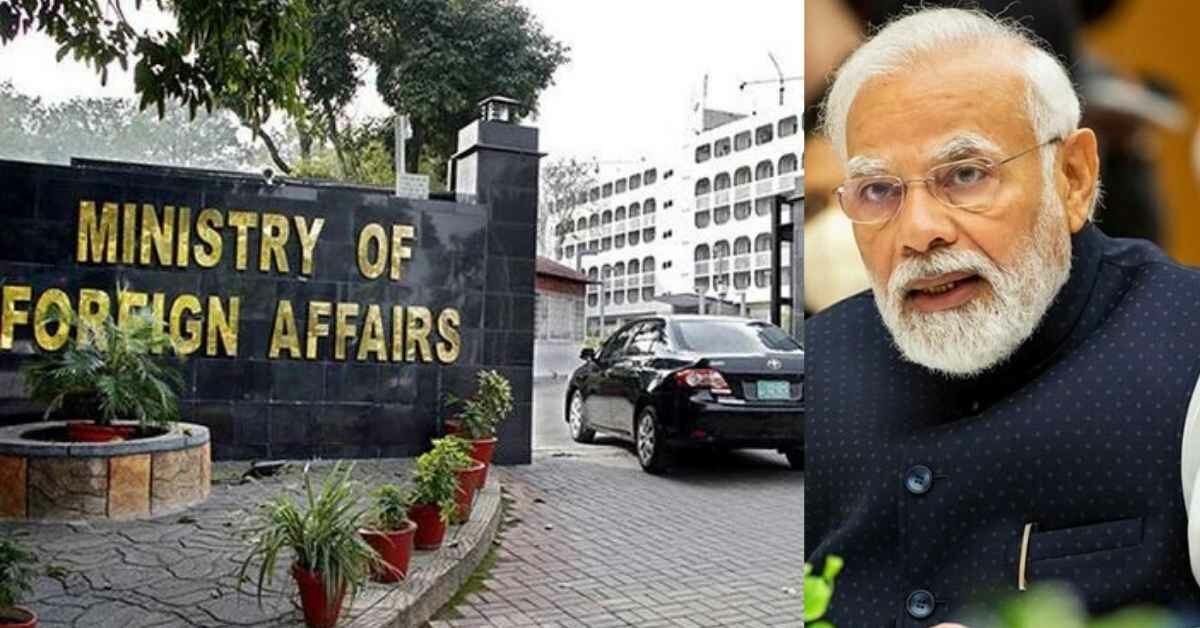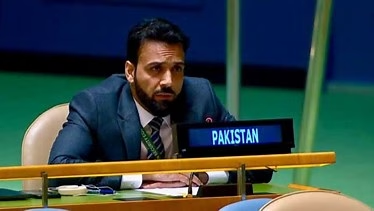Pakistan is one of 54 impoverished countries that urgently need debt relief, according to UN Development Programme Director Achim Steiner.
According to UNDP, if quick relief is not provided, at least 54 nations would face growing poverty levels.
According to the report, impoverished, indebted nations are under converging economic pressures.
Warns that many people will be unable to repay their debts or get fresh loans.
GENEVA: Cascading global crises have left 54 nations — home to more than half of the world’s poorest people — in urgent need of debt relief, according to the United Nations on Tuesday.
The United Nations Development Programme cautioned in a recent study that dozens of developing countries were facing a fast worsening debt crisis, and that “the costs of inactivity are catastrophic.”
Without rapid assistance, at least 54 nations would face increased poverty, and “critically required investments in climate adaptation and mitigation will not take place,” according to UNDP.
That was concerning since the nations impacted were “among the most climate-vulnerable in the world.”
The study, released before of meetings of the International Monetary Fund, World Bank, and G20 finance ministers in Washington, emphasised the need of quick action.
Despite repeated warnings, UNDP director Achim Steiner told reporters in Geneva that “nothing has done so far, and the dangers have been mounting.”
“That issue is escalating and threatens to boil over into a global development disaster affecting dozens of nations.”
Poor, indebted nations are under increasing economic pressures, and many are unable to repay their debts or get fresh finance.
‘Volatility’
“Market conditions are rapidly shifting as synchronised fiscal and monetary contraction and low growth drive global volatility,” the UNDP warned.
According to the UN, financial problems had been simmering in many of the impacted nations even before the Covid-19 outbreak.
“The fast accumulation of debt over the last decade has been frequently underestimated,” the report concluded.
The debt repayment freeze imposed during the Covid crisis to alleviate their load has expired, and discussions under the G20 Common Framework established during the pandemic to assist severely indebted nations in finding a way to restructure their commitments have moved at a snail’s pace.
According to available statistics, 46 of the 54 nations have accumulated public debt of $782 billion by 2020, according to the analysis.
Argentina, Ukraine, and Venezuela account for almost a third of that total.
The situation is quickly worsening, with 19 developing nations essentially barred from the loan market – ten more than at the start of the year.
‘Missing component’
Meanwhile, a third of all developing nations’ debt has been classified as “high risk, severely speculative, or default,” according to UNDP’s senior economist, George Gray Molina.
According to him, the nations most at danger include Sri Lanka, Pakistan, Tunisia, Chad, and Zambia.
Gray Molina said that private creditors have been the most significant impediment to going ahead with necessary restructuring.
However, he claimed that current market circumstances, which have seen the value of private creditors’ stakes fall by up to 60%, might pave the way for a debt settlement.
“When developing market bonds trade at 40 cents on the dollar, private creditors become more willing to negotiate,” he added.
“The incentives are to now participate in a discussion in which you may take a haircut of 20 cents on the dollar, 15 cents on the dollar, or 30 cents on the dollar.”
However, Gray Molina admits that agreeable creditors are insufficient to secure a much-needed debt-relief accord.
“At the present, the missing components for an agreement are financial commitments from key creditor states.”
Steiner, who has consistently warned about the issue, expressed optimism that the world community will finally see that action is in everyone’s best interests.
“Prevention is better than cure, and definitely… far, far less expensive than dealing with a worldwide recession,” he remarked.











